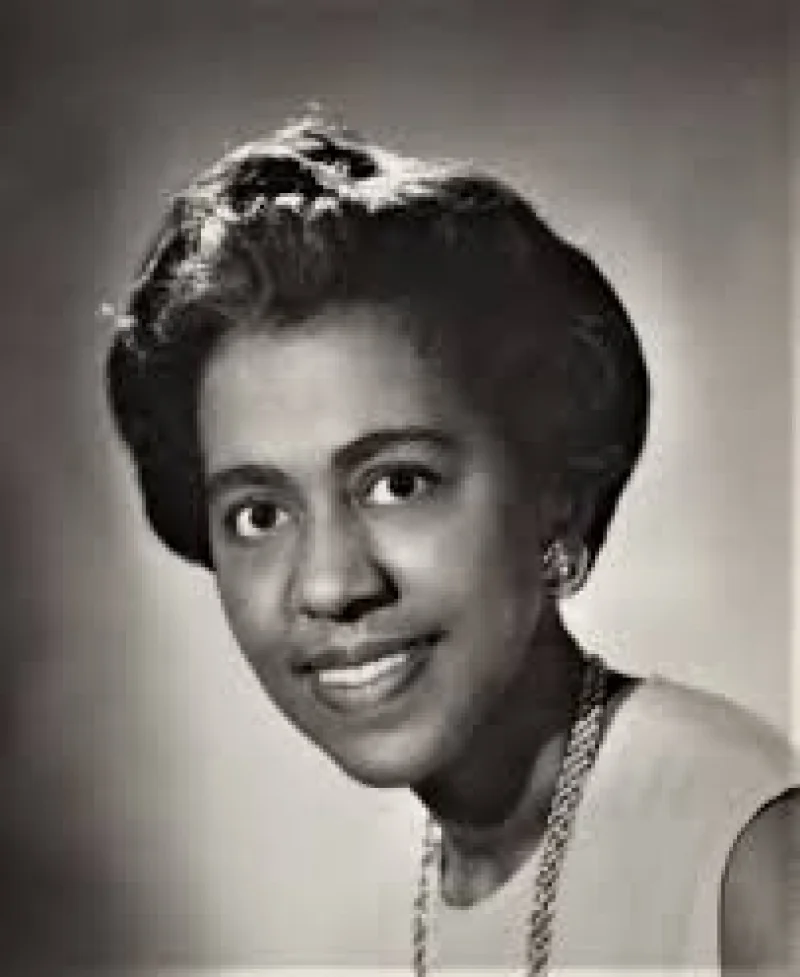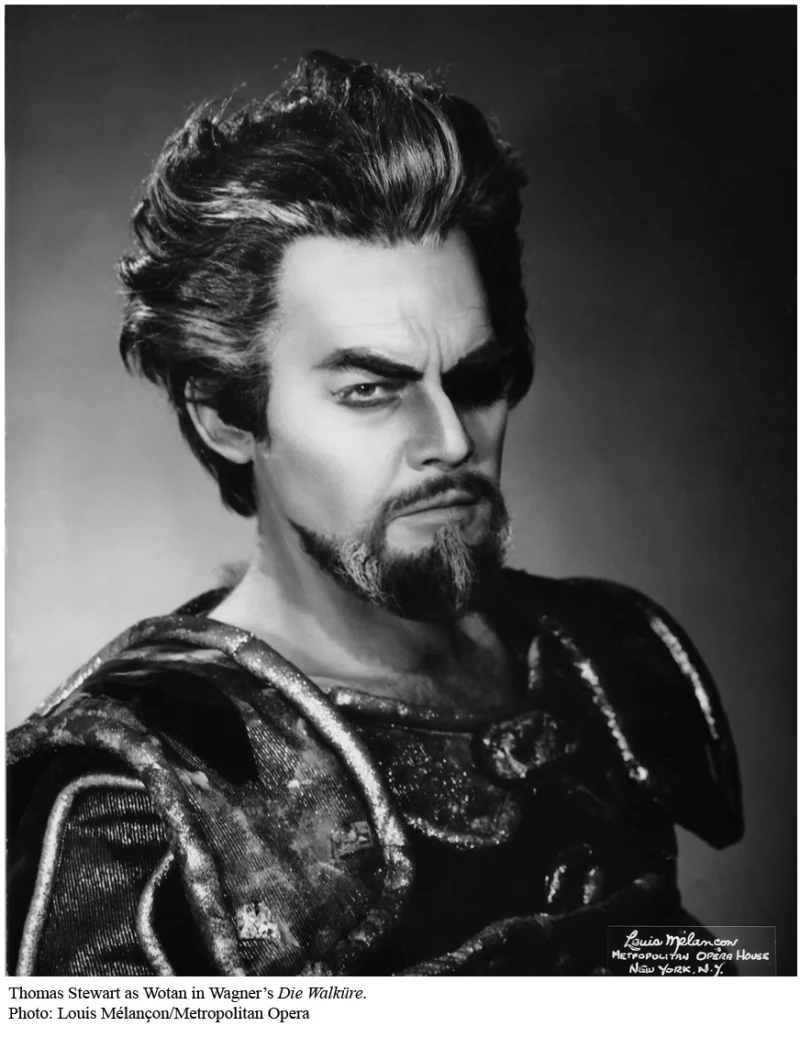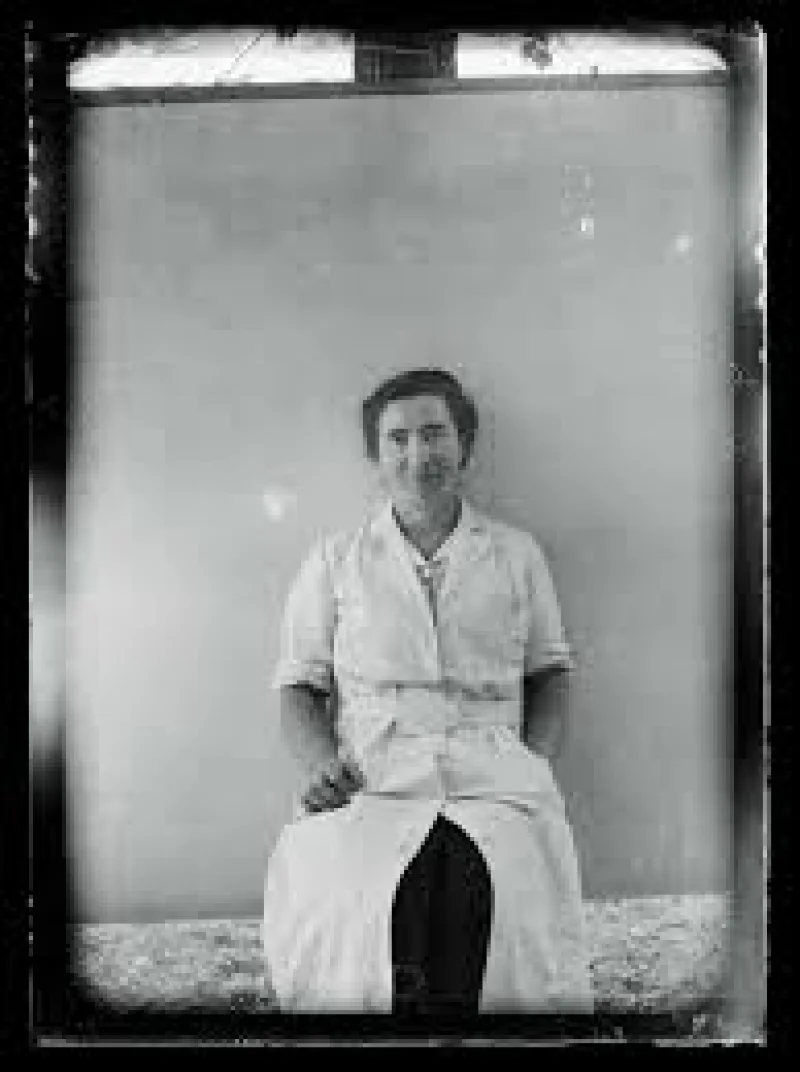Short Summary
Marie M. Daly was a pioneering American biochemist, renowned for being the first African American woman to earn a Ph.D. in chemistry in the United States. Her groundbreaking research focused on the human body's biochemical processes, particularly in relation to cardiovascular health. Daly's work has had a lasting impact on the scientific community, paving the way for future generations of minority scientists.
Early Life & Education
Born on April 16, 1921, in Queens, New York, Marie Maynard Daly grew up in a supportive family that valued education. Her father, Ivan C. Daly, had emigrated from the British West Indies and pursued a career in chemistry, inspiring his daughter despite the financial constraints that forced him to abandon his own studies. Marie attended Hunter College High School, where her passion for science was nurtured. She pursued her undergraduate degree at Queens College, graduating with honors in 1942. Daly continued her education at New York University and then Columbia University, where she earned her Ph.D. in chemistry in 1947.
Career Highlights
Following her doctoral studies, Daly embarked on a career that spanned several prestigious institutions. She began as a faculty member at Howard University, where she taught for two years. Later, Daly conducted research at the Rockefeller Institute, focusing on the cell nucleus and protein synthesis. She joined the Albert Einstein College of Medicine in 1960, where her research on the relationship between high cholesterol and heart health gained significant attention. Daly's work was instrumental in identifying how hypertension and cholesterol contribute to arterial health, advancing our understanding of cardiovascular diseases.
Major Achievements
- First African American woman to earn a Ph.D. in chemistry in the United States.
- Conducted pioneering research on the impact of diet and cholesterol on heart health.
- Contributed to the understanding of protein synthesis in the body.
- Established scholarship funds to support minority students in science.
Famous Quotes
- "Courage is like—it’s a habitus, a habit, a virtue: You get it by courageous acts. It’s like you learn to swim by swimming. You learn courage by couraging."
- "It’s not just that black women have to be twice as good—though they do. It’s that they have to be twice as good, and they have to do it while being twice as visible, and they have to do it while being twice as burdened."
Interesting Facts
- Her father inspired her love for science despite leaving college due to financial issues.
- She was instrumental in establishing a scholarship fund at Queens College for African American science students.
- Her research laid the groundwork for the development of cholesterol-reducing drugs.
- She was a pioneering advocate for increasing minority enrollment in medical and graduate schools.
- Throughout her career, she emphasized the importance of mentorship and support for young minority scientists.
Legacy / Influence
Marie M. Daly's legacy as a trailblazer in biochemistry and her advocacy for minority students in science continues to inspire. Her research on cholesterol and heart health has had a profound impact on medical science, contributing to the development of treatments that save lives today. Daly's dedication to education and mentorship has paved the way for future generations of minority scientists, emphasizing the importance of diversity in scientific research.
FAQ
Q: Why is Marie M. Daly famous?
A: She is renowned for being the first African American woman to earn a Ph.D. in chemistry in the United States and for her significant research on cholesterol and heart health.
Q: What did Marie M. Daly research?
A: Her research focused on the biochemical processes related to cardiovascular health, including the impact of cholesterol and hypertension on the human body.
Q: How did Marie M. Daly contribute to education?
A: She advocated for minority students in science and established scholarship funds to support their education.
Q: What institutions did she work for?
A: She worked at Howard University, the Rockefeller Institute, and the Albert Einstein College of Medicine.











